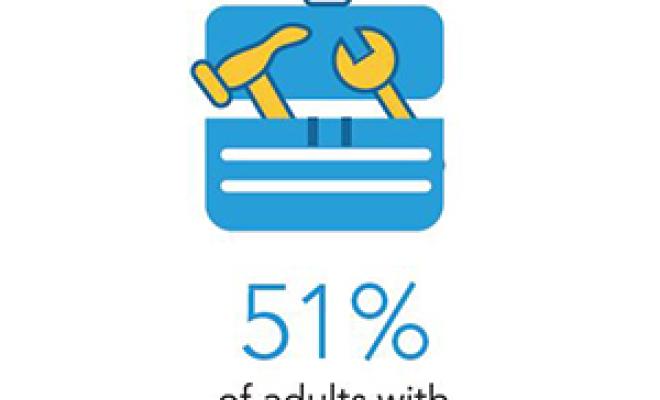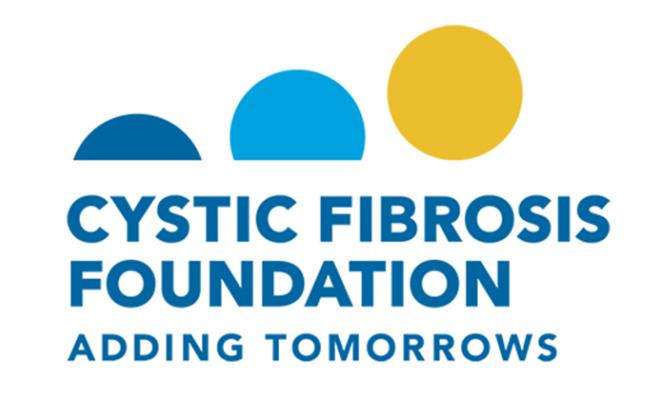For more than 50 years, the Cystic Fibrosis Foundation has used the Patient Registry to collect and track the health information of people with CF. We have used this data to inform specialized care for people living with CF who receive their care at CF Foundation-accredited care centers. Every year, the Foundation shares this Registry data as a summary in a Highlights Report, followed later in the year by a more detailed Patient Registry Annual Data Report.
Encouraging Trends
In 2017, we continue to see steady gains in survival. For people born between 2013 and 2017, half are predicted to live to be 44 years of age or older. Adults with CF have told us that, perhaps more important, is the increase in percentage of people who are reaching key milestones in life, with more than half of the population employed in full- or part-time jobs, 31 percent having earned a college degree, and 43 percent being married or living with a partner.
We're also seeing consistent improvements over the past 10 years in both lung function and nutrition as indicated by average FEV1 percent predicted and body mass index (BMI). And in the short span of one year, more people with CF who are 12 and older are being screened for depression or anxiety than in past years, an important step toward treating the whole person.
Driving Continuous Improvement
When viewed over time, meaningful trends can emerge from the health information of people with CF. These trends can help improve not only their individual care, but also inform treatments and care practices for the larger CF population.
Data collected by the Registry is provided to clinical care teams who can share individual data with their patients and families as Patient Summary Reports.
People can also view combined data that have had personally identifiable information removed in single or five-year time spans by looking up individual care centers to compare against care centers nationwide. These data are provided so that patients and families can partner with their care teams to improve care at their center.
Researchers can request use of de-identified data by completing an application and signing a confidentiality agreement. Similar to the safeguards taken by registries in Canada and the United Kingdom, the Foundation's Patient Registry data is maintained to protect the integrity of the data and provided in a way that honors our responsibility to protect the privacy of all who participate. People with CF and their relatives can also help move research forward and can learn how to do so here.
When we work with Registry data, we work with a lot of numbers. However, we never forget that behind every number, there is a real person. Adults with CF and parents of children with CF agreed to share their data with the Registry to help clinicians and researchers understand the disease better. Now, thanks to their decision, we have an important and irreplaceable source of information about CF, and possibly the best rare disease registry in the world. Given the continuous contributions of our collective community, the Patient Registry helps tell the story of CF overall, and is a testament of what we can achieve together.





